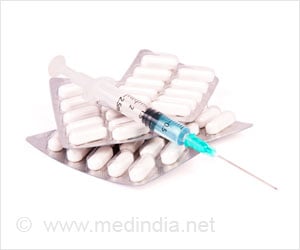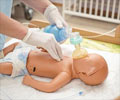Naloxone Medication Information
Learn everything you need to know about Naloxone-pronunciation, uses, dosage guidelines, indications, and when to take or avoid it.
Get up-to-date information on side effects, precautions, warnings, and proper storage to ensure safe usage.
Explore Naloxone brand names commonly used in India and internationally, along with detailed pricing information. Consult your healthcare provider for tailored medical advice.
Generic Name : Naloxone Pronunciation : nal-OX-one Therapeutic Classification : Opioid AntagonistsBrand Names or Trade Names of Naloxone
India :
International :
Narcan.
Why is Naloxone Prescribed? (Indications)
This medication is an opioid antagonist, prescribed for morphine and most other opioid poisoning. It is used to reverse respiratory depression in the newborn when the mother was administered opioids during labor. It is also indicated for the diagnosis of suspected acute opioid over dosage. It may also be useful in other conditions such as to increase blood pressure in certain types of shock, and central nervous system injuries.When should Naloxone not be taken? (Contraindications)
Hypersensitivity.What is the dosage of Naloxone?
Adult: Opioid over dosage- The recommended dose is 0.4- to 0.8mg, IV, repeat if needed at 2-3 min intervals. Consider over dosage with other drugs if there is no response after a total of 10 mg has been given.How should Naloxone be taken?
It is usually given as an injection by a doctor or hospital staff.What are the warnings and precautions for Naloxone?
•It may make you drowsy. Do not drive a car or operate machineries while taking this medication.Caution needed for patients physically dependent on opioids, or who have received large doses of opioids (acute withdrawal syndrome may be precipitated), pregnancy and breastfeeding.
What are the side effects of Naloxone?
Adverse effects with naloxone occur when it is given to postoperative patients or due to sudden reversal of opioid depression or sudden withdrawal in opioid dependence.Potentially Fatal- Severe cardiopulmonary effects in postoperative patients, most frequently in those with preexisting heart disease.
Heart- Fluid accumulation in the lungs, cardiac arrest or failure, fast heart rate.
Gastrointestinal- Vomiting, nausea.
Central Nervous System- Convulsions, tingling, agitation, hallucination, tremulousness.
Respiratory - Difficulty in breath, respiratory depression.
Skin - Injection site reactions, sweating.













